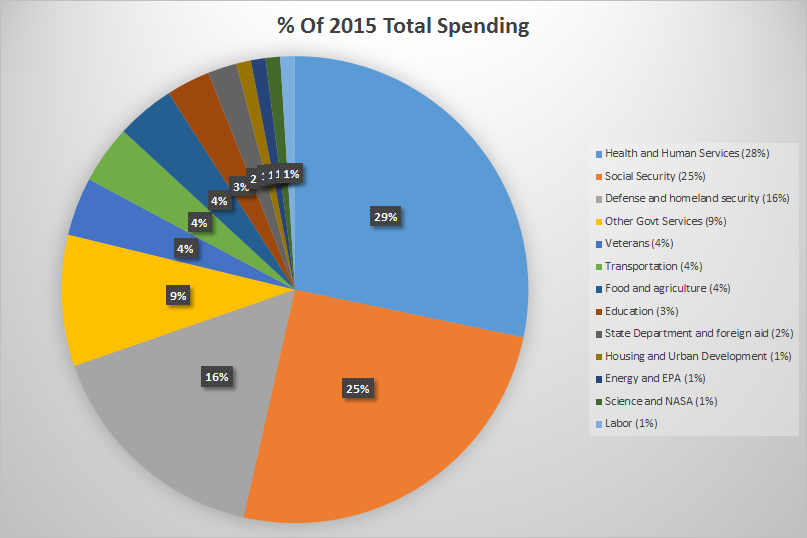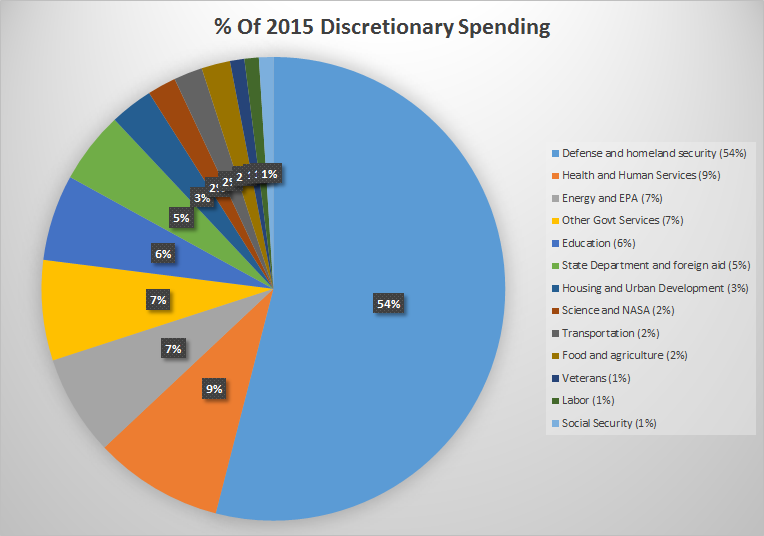I read an article from the NY Times stating: ‘Mr. Trump suggested that all Muslim immigrants posed potential threats to America’s security and called for a ban on migrants from any part of the world with “a proven history of terrorism” against the United States or its allies’. I know there’s a lot of interpretation in journalism, and I was curious what he actually advocated.
One quick Google later, I found the speech text on the candidate’s web site:
“When I am elected, I will suspend immigration from areas of the world when there is a proven history of terrorism against the United States, Europe or our allies, until we understand how to end these threats.”
If this is what the man actually said, then there’s no third-party misinterpretation to blame. “Areas” of the world is vague, but I get not using legally accurate terms in campaign speeches. Linguistic and legal nuances are not exactly gripping (and sometimes get ridiculed a la what-the-meaning-of-is-is). But where there is a proven history of terrorism against the US, Europe, or our allies??? No delta-time qualification in there, so the Irish are right out? Bonus, though, is he inadvertently sorted a huge portion of South/Central America with this generalization too. For the most part, it’s been decades there too, but “fuera yankis” and all that.
Actually, I’d find the proposal far less incendiary if he said “the immigration system is absolutely a mess. I propose stopping all immigration for six months while we figure out how to do this properly.”. Years ago, Microsoft had a run of significant bugs and took a coding holiday to perform a code review. Similar thing — yeah, it’s disruptive to shut down our business for some period of time while we make sure we’re doing the right thing … but it’s more disruptive to continue doing the wrong thing.
Problem is that what Mr. Trump probably means is more apt to be banning immigration from any country some arbitrary individual / board decides seems like it could be dangerous (or just to be safe – any individual immigrant who looks like ..). Which would be frighteningly institutionalized racism.

